“If there is no respect, actions will be taken against the Hungarians,” Zelensky said in the interview. Zila emphasized the weight of the president’s words:
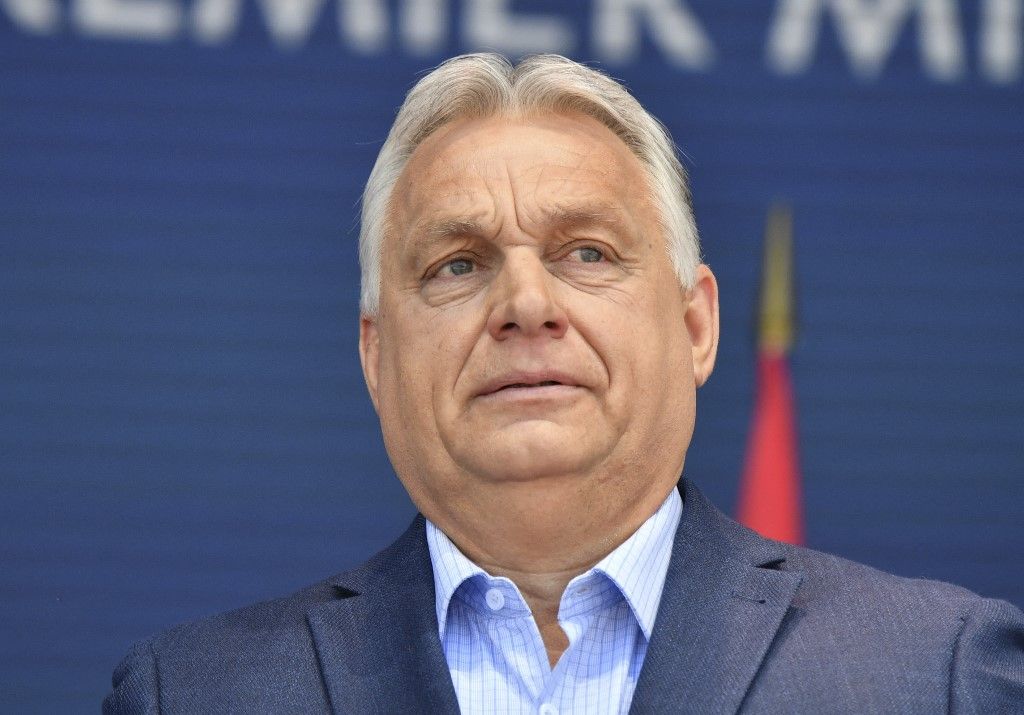
It’s hard not to interpret this as a threat. We’ve only heard such openly hostile tones before from Tseber Roland, who reportedly collaborated with Hungary’s largest opposition party and its leader. But when the country's president himself speaks this way, it’s a whole different level.
Zila pointed out that Ukraine has stripped the Hungarian minority in Transcarpathia of their rights and refuses to return them. It has also launched an intelligence operation, parts of which are now playing out in public view.
This behavior," the expert explained, "is driven by the Kyiv elite’s refusal to accept the Hungarian electorate’s decision to stay out of the war and its likely rejection of Ukraine’s EU membership.
"Hungarians want the war to end as soon as possible. They don’t want their country drawn into the conflict, and they recognize the risks posed by potential Ukrainian EU membership. Hungary ,” Zila continued, "does not support any Ukrainian party nor seek ties with opposition figures in Ukraine to influence political power." But, based on the news of the past weeks, the same cannot be said for Ukraine, he said.
Zelensky’s leadership has actively entered Hungarian party politics, trying to support forces that would make more favorable decisions for Kyiv,
the analyst pointed out.
According to Zila, this interference has not made either Zelensky or Ukraine’s EU membership any more appealing to the Hungarian public. "Many are likely asking: Why would it be a good thing to bring such a player into the EU?" he remarked.
Zila added that Zelensky is disturbed by Hungary’s democratic practice of consulting its people — because he knows well that the Tisza Party’s petition, in which party chief Peter Magyar and his group mobilized part of their voter base in support of Ukraine’s EU accession, does not reflect the will of the majority. Most Hungarians, he argued, do not want to risk losing energy price caps, harm to domestic agriculture, high employment levels, or the security of their businesses — especially by letting a war-engaged country into the EU.
Cover photo: Volodymyr Zelensky, President of Ukraine (Photo: AFP)
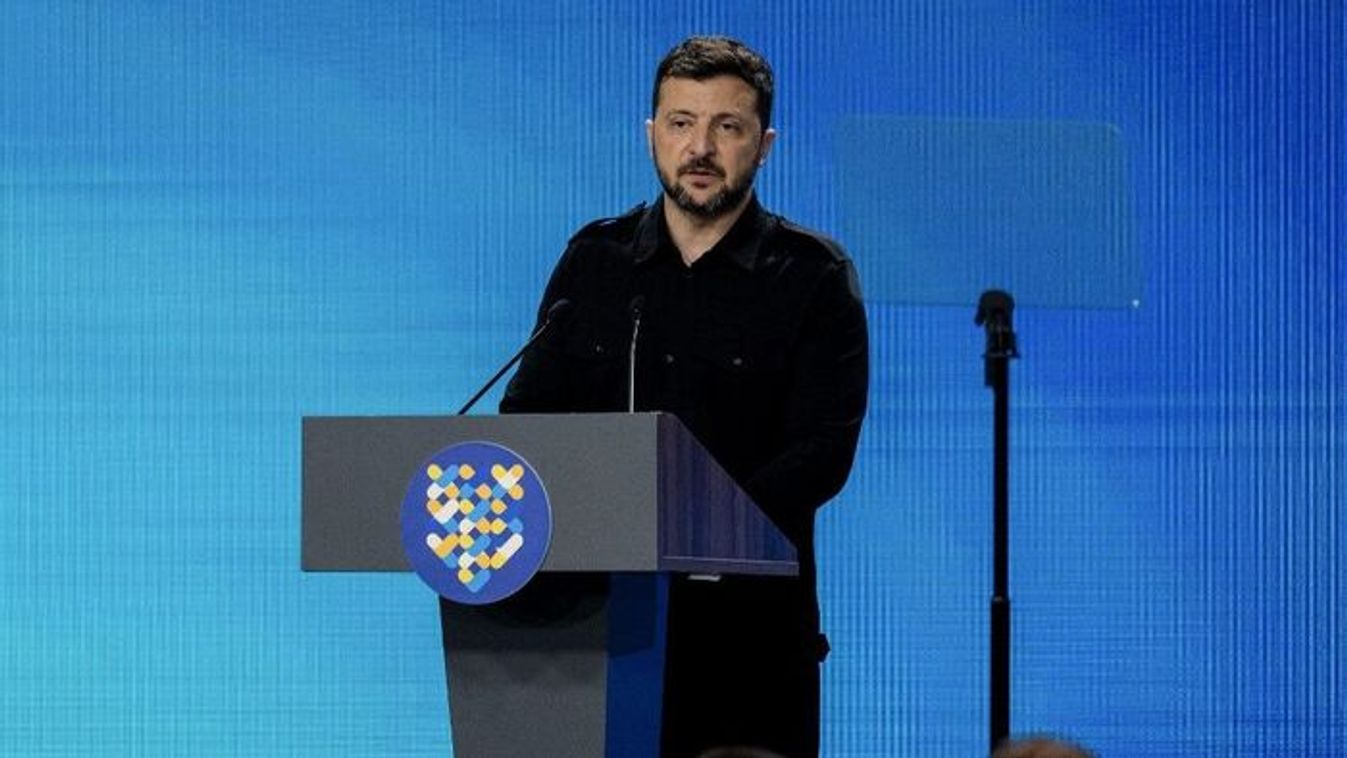







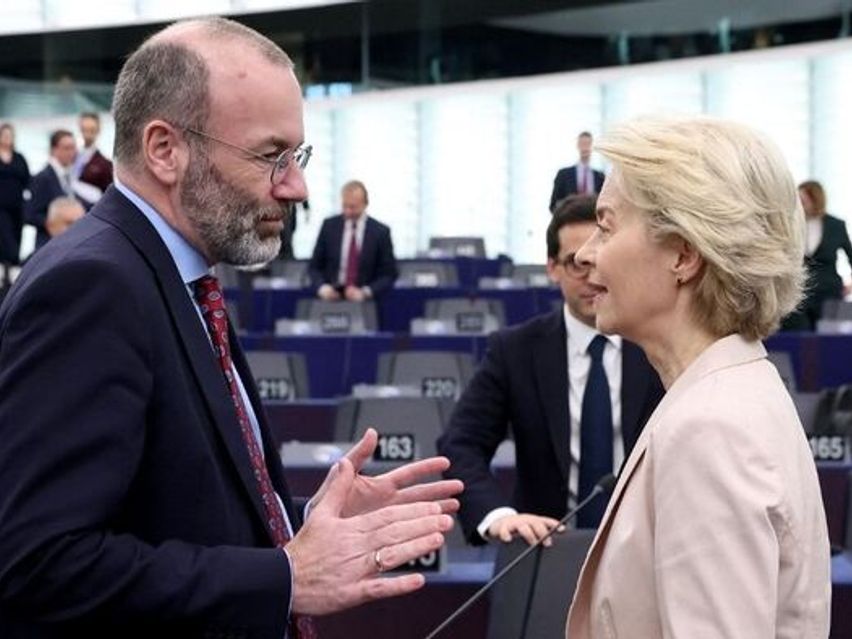


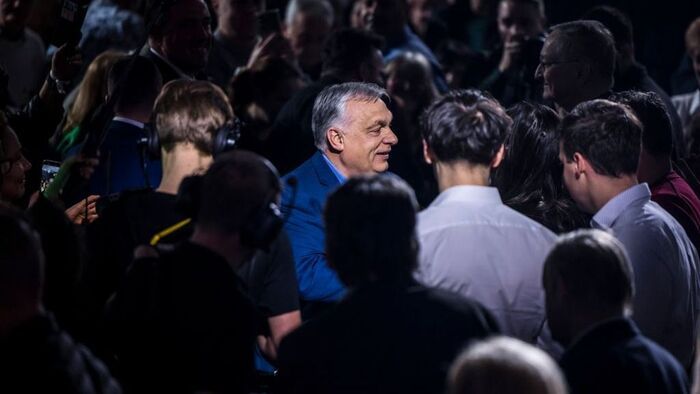

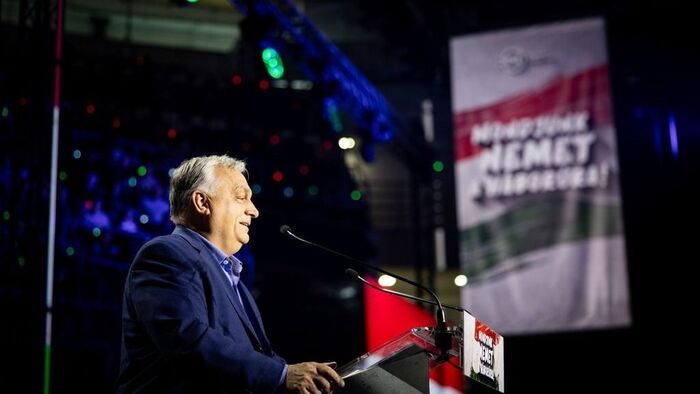
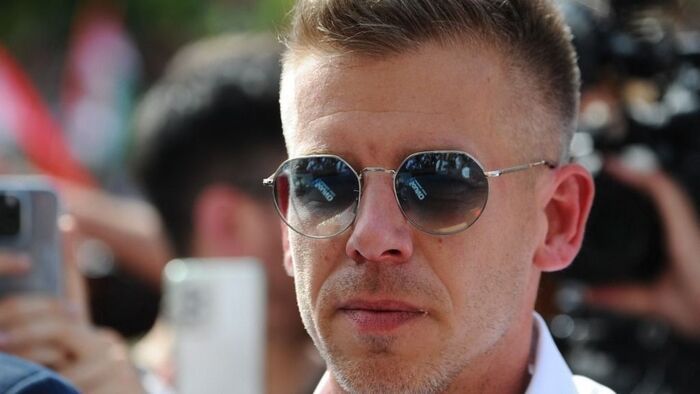
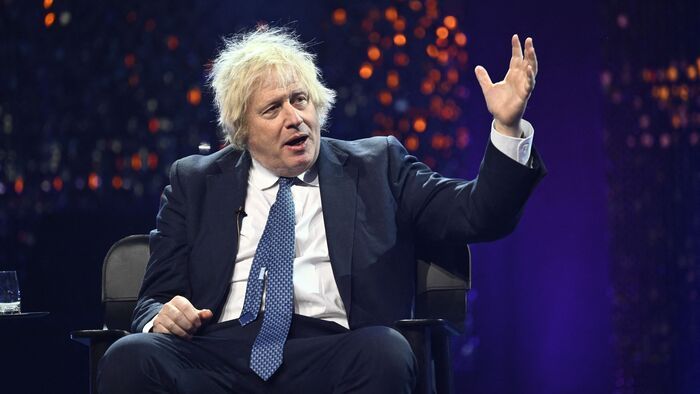



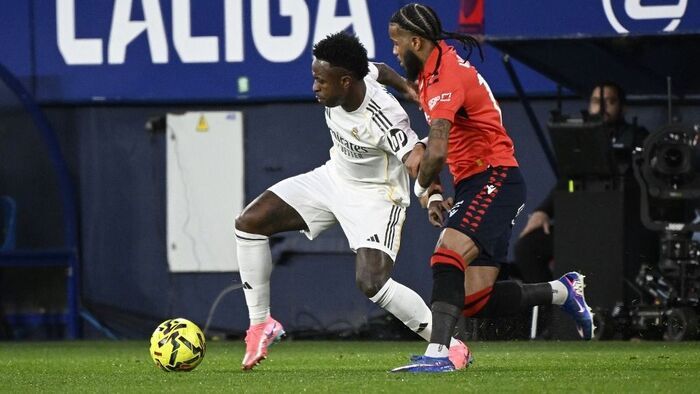



Szóljon hozzá!
Jelenleg csak a hozzászólások egy kis részét látja. Hozzászóláshoz és a további kommentek megtekintéséhez lépjen be, vagy regisztráljon!